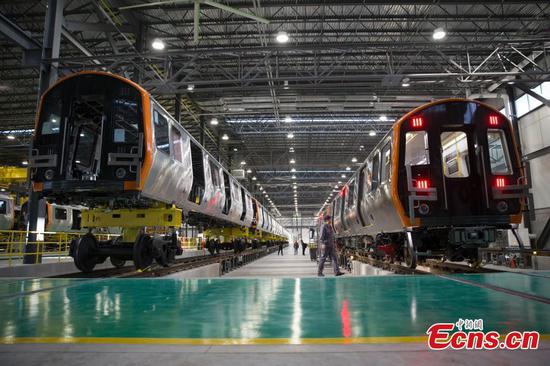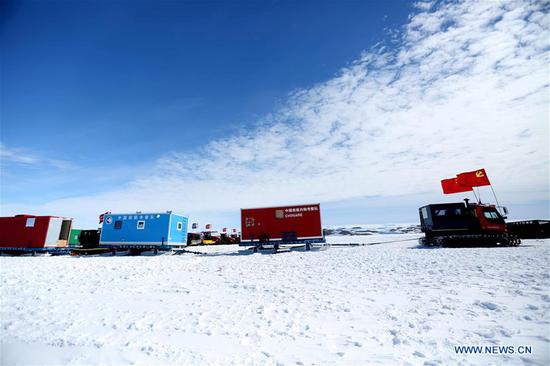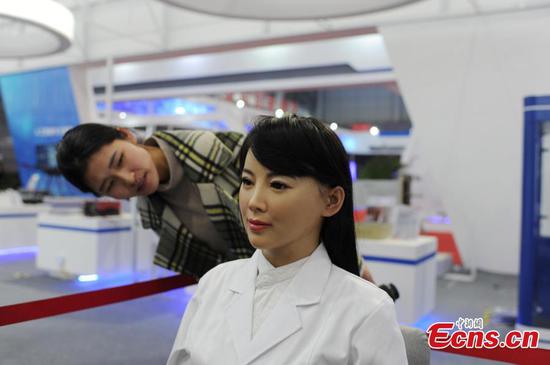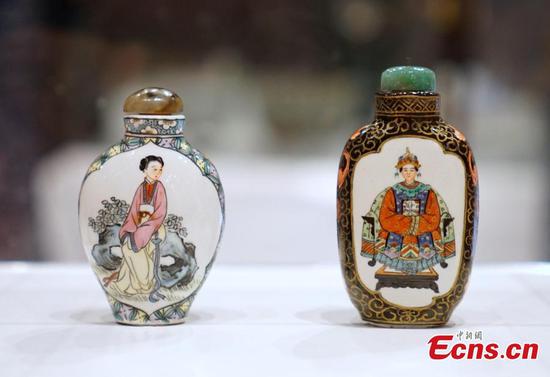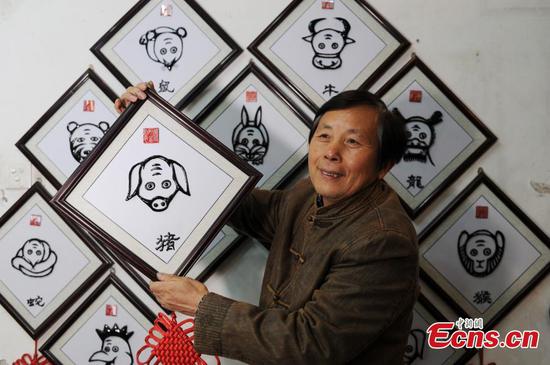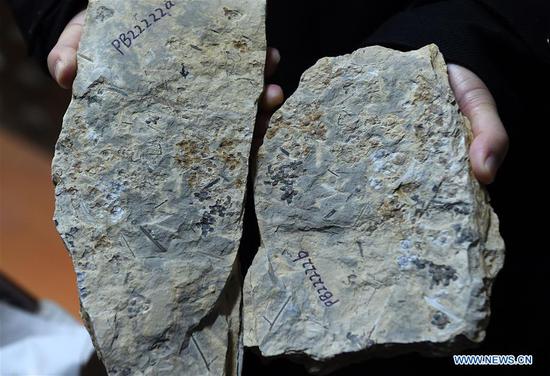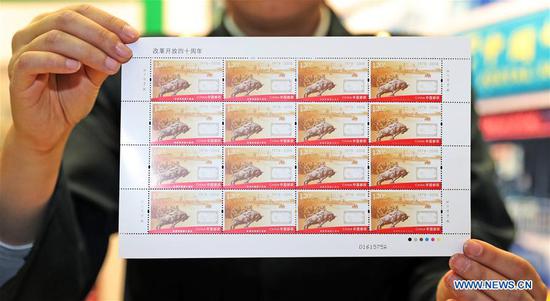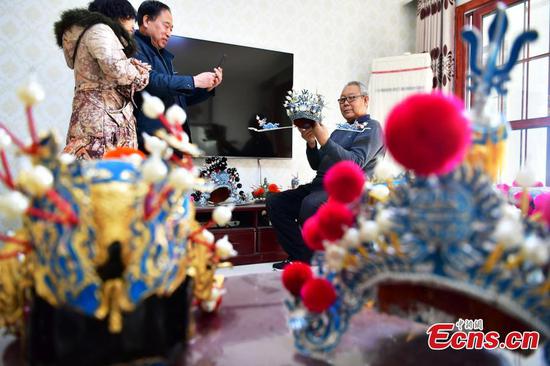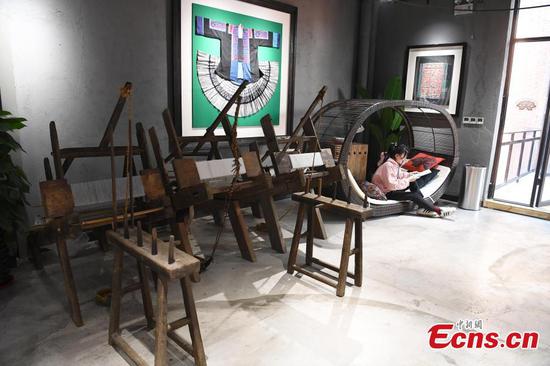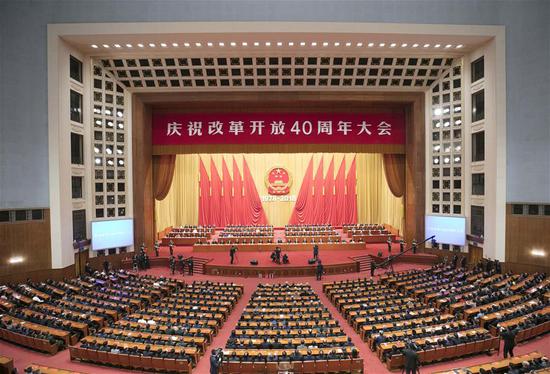Lamy has consistently called for WTO reform, even while head of the organization, but he argues that the central issues are complex.
"Agreeing on WTO reform is one thing, but agreeing on what you should put in that box called reform is another," he said. "China has to compromise in some areas, the U.S. will have to compromise on others. What the EU and, to some extent, Japan are trying to do for the moment is talk to the U.S., talk to China, so at the end of the day everybody is around the same table."
Despite the current trade turbulence, Lamy said he does not believe the world will descend into 1930s style protectionism.
"We have reached the stage of globalization which makes deglobalization extremely unlikely. Globalization exists because it is efficient. Deglobalization would be inefficient. Part of the Western population believes globalization hasn't worked for them. Does this mean that deglobalization is the way? I don't think so," he said.
Lamy, who makes three or four trips to China each year, said he was delighted to take up his role as distinguished professor at CEIBS, where he will work on projects fostering greater understanding between China and Europe during his three-year tenure. Other holders of the title include former French prime ministers Jean-Pierre Raffarin and Dominique de Villepin, and renowned economist Wu Jinglian.
"This was one of the reasons I accepted the role," Lamy said. "I am also not too arrogant to think that as well as teaching young students and the faculty I can still learn something every day. Teaching is a good way to learn and interact with these Chinese people. So it is a good trade-off for me."
As for reform and opening-up, Lamy said he believes China still faces challenges, particularly in the opening of its financial sector, which was particularly problematic for other Asian countries during the financial crisis of the late '90s.
"A financial system is very fragile and something which needs a lot of care. You have only got to look back to the global financial crisis in the U.S., which contaminated the rest of the world," he said. "China can't manipulate its financial system like it was socks or soy. There are some fragilities in the system that need a cautious approach."
After 40 years of change, Lamy sometimes finds it hard to reconcile the China he first visited in 1986 with the one today.
"It's more than a contrast. It is a totally different country. Each time I come here, I find it's a different country. There is no doubt the main asset of the Chinese success is to do with growth. No other country on this planet has been successful in growing its economy at such speed for such a long time. This is something that is atypical to China."
Lamy acknowledged that there remains ongoing debate as to what particular aspects of reform and opening-up have delivered success.
"Whether it is because China borrowed Western recipes, as some say, or whether it is because China has remained China with its Chinese characteristics, is an extremely interesting but very open question," he said. "Even in China."














